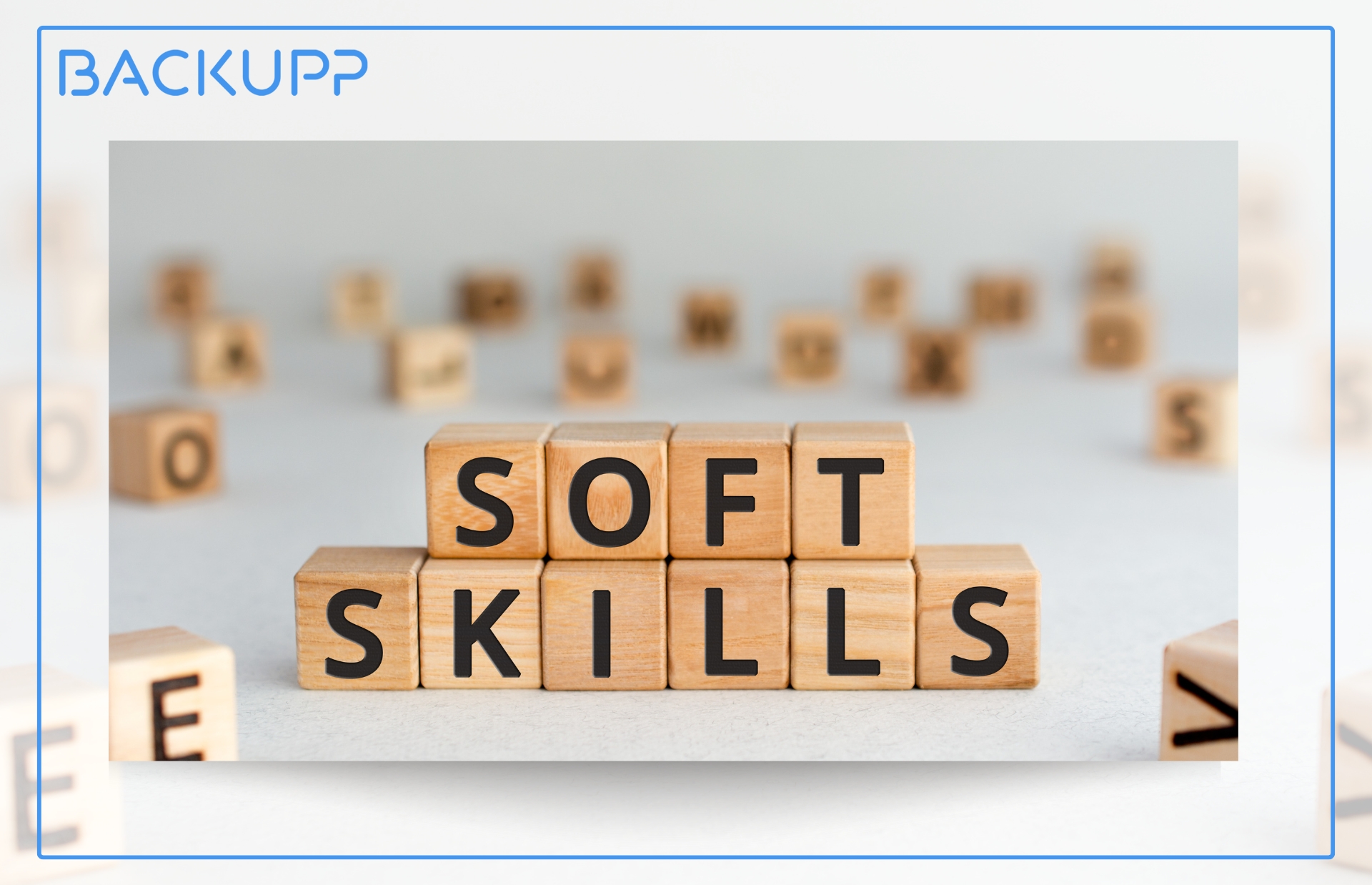
Enhance workplace productivity and teamwork with the power of essential soft skills. Build effective communication, leadership, and problem-solving abilities to succeed in any professional setting. Discover the impact of soft skills on career growth.
Technical skillsand qualifications alone are not enough to secure success in today's fast-paced and competitive job environment. Employers are becoming more aware of the importance of soft skills and their impact on individual and team success. Personal characteristics and interpersonal talents that enable effective communication, collaboration, and problem-solving are referred to as softskills. In this post, we will look at the importance of soft skills in the workplace and how they may help you develop in your career and achieve overall organizational success.
Effective Communication: The Foundation of Success
All successful professional interactions are built on effective communication. Strong communication skills build a happy and efficient work atmosphere, whether it's sharing ideas, delivering feedback, or resolving issues. The ability to express ideas effectively and empathically helps teams operate cohesively, reducing misunderstandings and increasing efficiency. Employers respect people who can explain themselves concisely and actively listen to others since this leads togreater decision-making and project success.
Leadership and Emotional Intelligence
In any business, leadership qualities and emotional intelligence are vital tools. A skilled leader can motivate and inspire their team to perform at their peak. Leaders with emotional intelligence can empathize with their colleagues, comprehend their worries, and foster a supportive environment. Employees feel a sense ofconnection and loyalty as a result, which reduces turnover rates and improves overall job satisfaction.
Adaptability: Navigating Through Change
In today's dynamic business landscape, adaptability is crucial. Soft skills like flexibility and adaptability enable employees to embrace change and respond positively to unforeseen challenges. Those who can readily adjust to new circumstances demonstrate resilience and innovation, proving their worth to employers and gaining a competitive edge.
Team work: Collaboration for Success
Collaboration is at the core of successful team work. Employees with strong team-building skills can work cohesively towards a common goal, leveraging each other's strengths to achieve outstanding results. Effective collaboration fosters creativity and adiverse range of ideas, leading to innovative solutions and a more efficient workflow.
Time Management: Maximizing Productivity
Time management isan important soft skill that has an impact on production and efficiency. Individuals who can prioritize activities set realistic deadlines, and prevent procrastination are more likely to achieve and surpass project deadlines. Employers prefer employees who can efficiently manage their time, ensuring the smooth operation of the organization and reducing unneeded stress.
Conflict Resolution: Nurturing a Harmonious Workplace
In any workplace, conflicts are unavoidable, and the skill to settle them professionally is crucial. Employees with soft skills such as conflict resolution and problem-solving can address difficulties constructively, producing a peacefulwork atmosphere. Conflict resolution skills also encourage open communication and keep minor conflicts from becoming major disruptions.
Critical Thinking: Making Informed Decisions
Critical thinking involves analyzing information, evaluating situations, and making well-informed decisions. Employees who possess this soft skill can assess complex problems, consider multiple perspectives, and arrive at practical solutions. Critical thinking enhances problem-solving capabilities, reducing the reliance on reactive decision-making and minimizing potential risks.
Empathy: Creating a Positive Work Culture
Empathy is a powerful soft skill that drives compassionate interactions in the workplace. Employees who understand and empathize with their colleagues create a supportive and positive work culture. When employees feel valued and cared for, they are more likely to be engaged, productive, and committed to the organization's success.
Creativity and Innovation: Driving Business Growth
Creativity and innovation are critical drivers of company growth and success. Thinking beyond the box and embracing new ideas are two soft skills that contribute to the development of innovative solutions and products. Employees who can provide fresh insights and adapt to shifting market needs to assist organizations inbeing competitive in an ever-changing world.
Conclusion
Soft skills are no longer an after thought in the workplace; they are a vital component of professional success. Employers increasingly value individuals who possess acombination of technical expertise and strong soft skills. The power of softskills lies in their ability to foster effective communication, teamwork, adaptability, and problem-solving. Developing and honing these skills can lead to career advancement, increased job satisfaction, and overall organizational growth. So, invest in your soft skills, as they hold the key to unlocking yourfull potential in the modern workplace.